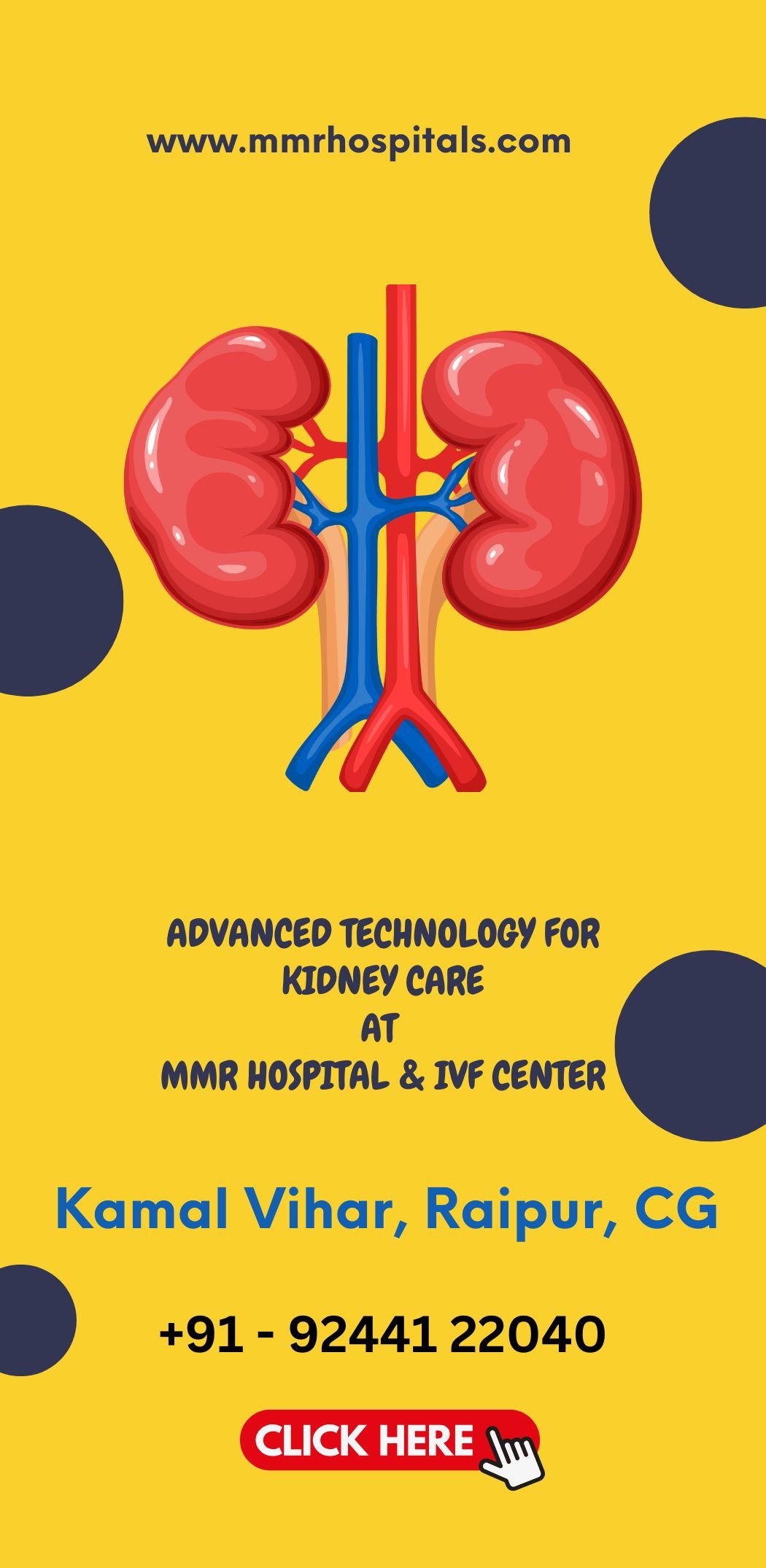The emotional journey of IVF is multifaceted and can vary greatly from person to person. However, some common emotional experiences include:

Stress and anxiety can significantly impact the success of IVF treatment. High levels of stress hormones can interfere with the delicate hormonal balance required for successful conception. Additionally, emotional distress can affect sleep quality, appetite, and overall well-being, further hindering the body's ability to respond to treatment.
Strategies for Coping with Stress and Anxiety
To navigate the emotional rollercoaster of IVF, consider the following strategies:
1. Seek Emotional Support
2. Practice Self-Care

Limit Stressors

Remember, it's okay to feel overwhelmed and seek help when needed. By implementing these strategies, you can better manage the emotional challenges of IVF and increase your chances of a positive outcome.
Additional Resources:
National Infertility Association (NIA) ,American Society for Reproductive Medicine (ASRM)



